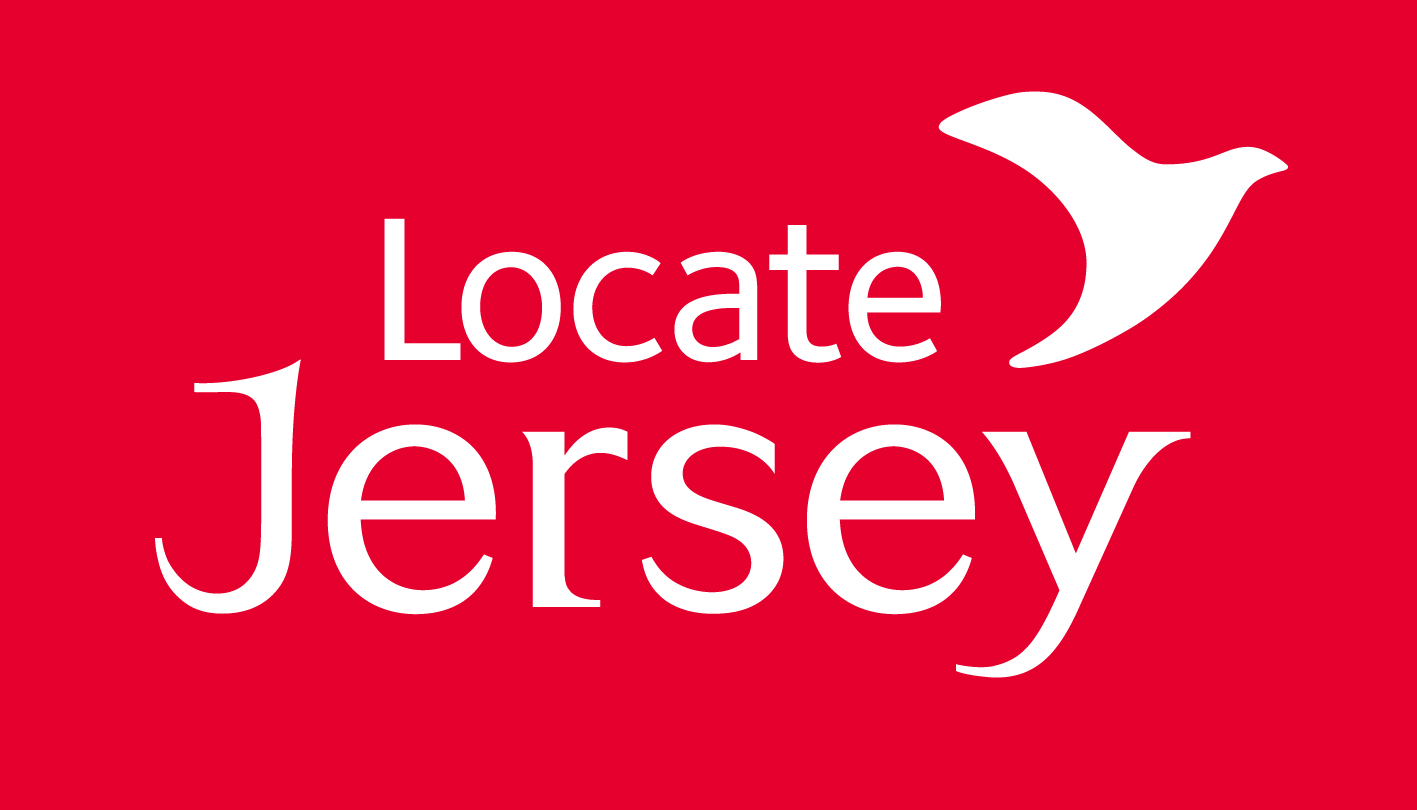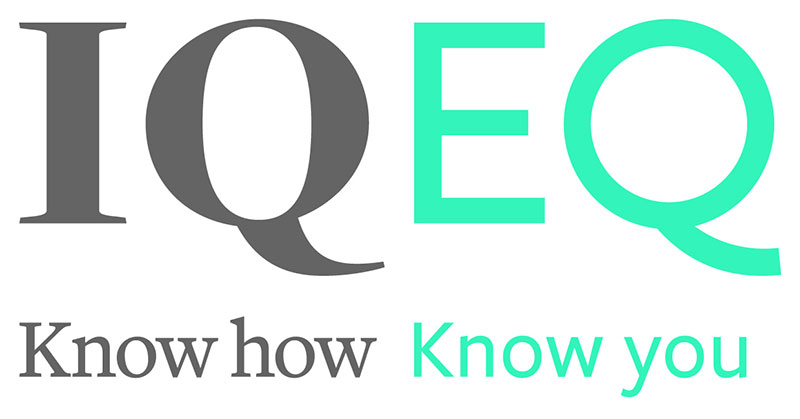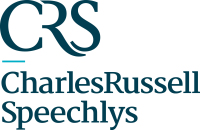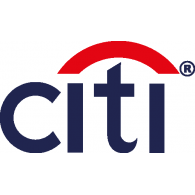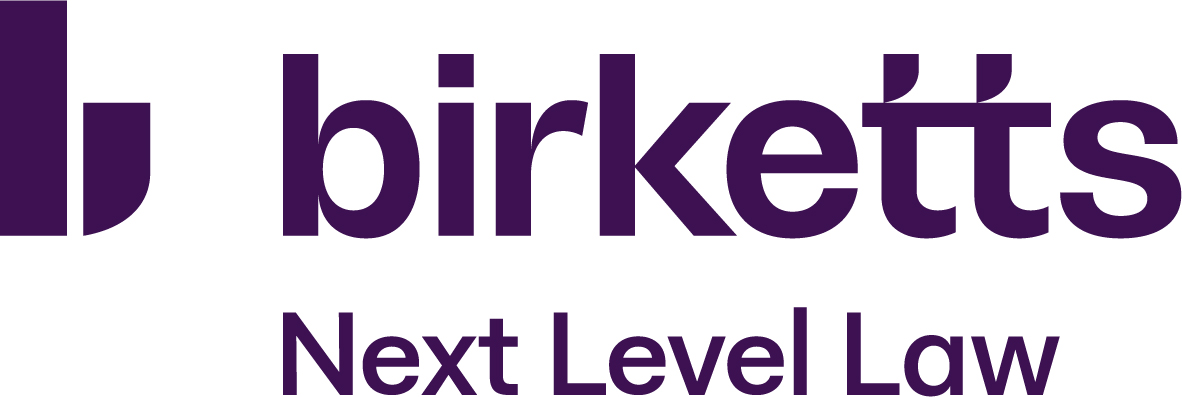Introduction of substance requirements
Download diagram which accompanies this news item here.
In order to fight tax fraud, evasion and avoidance, the EU is working to improve tax good governance on a global level.
Following a comprehensive review of 92 jurisdictions around the world, the EU produced a list of jurisdictions it identified as having harmful tax regimes that it sought to address. The level and nature of the concerns for different jurisdictions varied but as part of this exercise the EU obtained commitment from a number of jurisdictions including amongst others Bahamas, Bermuda, British Virgin Islands, Cayman Islands, Guernsey, Isle of Man, Jersey, Marshall Islands, Turks and Caicos Islands and United Arab Emirates to address the concerns relating to economic substance.
The aim is to encourage real economic activity and a physical presence for companies claiming to be tax resident in those jurisdictions.
The jurisdictions indicated are at various stages of honouring their commitment to address the EU's concerns by introducing substance requirements into their local laws for companies with accounting periods commencing on or after 1st January 2019 with income from a relevant sector. These sectors are:
- Banking
- Insurance
- Shipping
- Fund management
- Financing and leasing
- Headquartering
- Operation of a holding company
- Holding intellectual property (IP)
- Distribution and service centre business.
Companies in these sectors will be required to make annual disclosures to demonstrate they have adequate substance in the jurisdiction of the company, irrespective of whether or not there is any EU ownership or EU activities or assets.
There will be financial penalties for non-compliance including ultimately companies being struck off.
Guidance is expected to be published by affected jurisdictions shortly and exact details of the substance requirements will vary but those companies affected will generally need to prove:
- It is directed and managed in the jurisdiction
- There is an adequate number of qualified employees in the jurisdiction
- It has adequate expenditure proportionate to the level of activity carried on in the jurisdiction
- It has an adequate physical presence in the jurisdiction
- It conducts core income-generating activity in the jurisdiction.
Affected entities should be assessing the application of legislation, and where appropriate, plan and implement steps to ensure compliance with the substance requirements.
Consideration should be given to:
- Identifying relevant sector companies
- Ensuring appropriate substance requirements are met and documented
- Reflect on operational or structural changes
- Consider re-domiciliation in an EU jurisdiction such as the UK, Ireland, Malta, Cyprus, or a non-EU jurisdiction like Hong Kong or Singapore.
- Explore tax residence in a jurisdiction not on the EU list.
These are significant changes and will increase the level of documentation and reporting required. Companies likely to need particular attention will be IP companies and companies where the only connection to a jurisdiction is incorporation and a registered office address.
ILS World is carefully monitoring developments and clients will be contacted in due course to discuss how the new rules will affect them. In the meantime if anyone has any queries please don't hesitate to contact us.
Please note: ILS World does not offer tax advice and would therefore recommend you obtain your own tax advice. If you require an introduction to a tax adviser we would be happy to assist.
Sponsorship
Find out why leading brands in the private client industry are partnering with PCD to raise their profile, make connections and drive new business.
Membership
Find out how you can participate in the leading club for international private client advisors and unlock opportunities around the globe.






